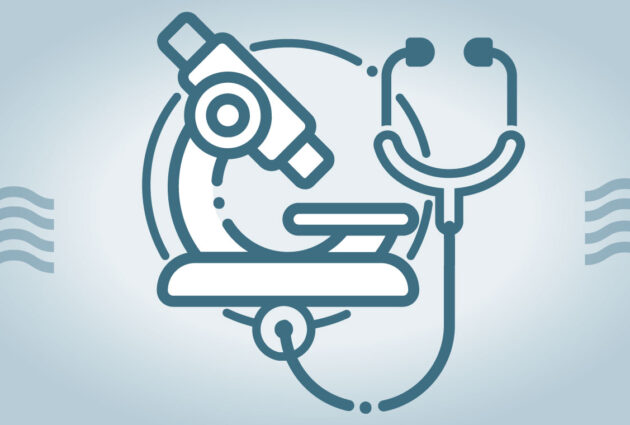Non-invasive Diagnosis of Acute Kidney Injury in Premature Infants
At a Glance
This project, led by Matthew Harer, MD, associate professor, Department of Pediatrics, aimed to enhance early acute kidney injury (AKI) diagnosis in premature infants via non-invasive methods. AKI is prevalent among premature infants and it significantly increases mortality and poses a risk of chronic kidney disease (CKD) later in life. In Wisconsin, about 800 extremely premature infants are born each year, with up to 400 experiencing AKI and approximately 100 potentially developing CKD by ages two to five years old. As a result, there is a need for novel diagnostic methods to identify AKI in the NICU.
The research team made significant progress toward its goals of enhancing early AKI diagnosis and developing effective therapies. They found that infants with AKI experienced prolonged periods of kidney hypoxia and that administering caffeine improved kidney oxygen levels. Additionally, urinary biomarker analysis identified distinct metabolite profiles associated with AKI, suggesting potential for early diagnosis and intervention in preterm infants to avoid chronic kidney disease. More research is needed, but these findings laid a foundation for improving care and outcomes for premature infants at risk of AKI.
The Challenge
Acute kidney injury (AKI) is prevalent among premature infants in neonatal intensive care units (NICUs), with rates between 18 and 48 percent depending on gestational age. AKI significantly increases mortality, prolongs hospital stays and poses a risk of chronic kidney disease (CKD) later in life. CKD is a major public health issue that leads to poor neurodevelopment and cardiovascular issues in children, and early onset CKD can escalate to end-stage renal disease. Premature infants, particularly those who are extremely premature, are at higher risk for CKD due to their underdeveloped kidneys and exposure to nephrotoxic medications. In Wisconsin, about 800 extremely premature infants are born each year, with up to 400 experiencing AKI and approximately 100 potentially developing CKD by ages two to five years old. As a result, there is a need for novel diagnostic methods to identify AKI in the NICU.
Project Goals
This project sought to enhance early AKI diagnosis in premature infants in NICUs using a non-invasive continuous monitoring device that measures kidney oxygen levels. The researchers aimed to use the device to detect decreased oxygen levels before urinary markers appear, allowing for intervention to prevent AKI and CKD. The long-term goal of the project was to reduce CKD risk in former premature infants, while the short-term goal was to improve AKI diagnosis and develop effective therapies. Specific aims included characterizing renal oxygenation patterns and evaluating urinary biomarker profiles in premature infants with and without AKI.
Results
The research team made significant progress toward its goals. Their study included 40 premature infants with a median birth weight of 1.25kg and a gestational age of 29 weeks. They discovered that babies who developed AKI spent significantly more time with kidney oxygen levels below 50 percent compared to those who did not develop AKI, indicating that infants with AKI experienced greater kidney hypoxia. Additionally, the team found that administering caffeine to these preterm infants significantly improved their kidney oxygen levels. These findings suggest that caffeine could be a beneficial treatment to improve kidney oxygenation in preterm infants.
To identify urinary biomarkers of early AKI, the team collected urine samples from the infants every 24 hours. The study revealed distinct differences in the urinary biomarkers of infants with AKI compared to those without, demonstrating that certain metabolite profiles were associated with kidney injury. The biomarker findings were correlated with the changes in kidney oxygen levels to develop an earlier and more accurate method to diagnose AKI. While more work is needed, their findings suggest that kidney oxygenation and urinary biomarkers could provide a sensitive marker for early, reversible kidney injury.

